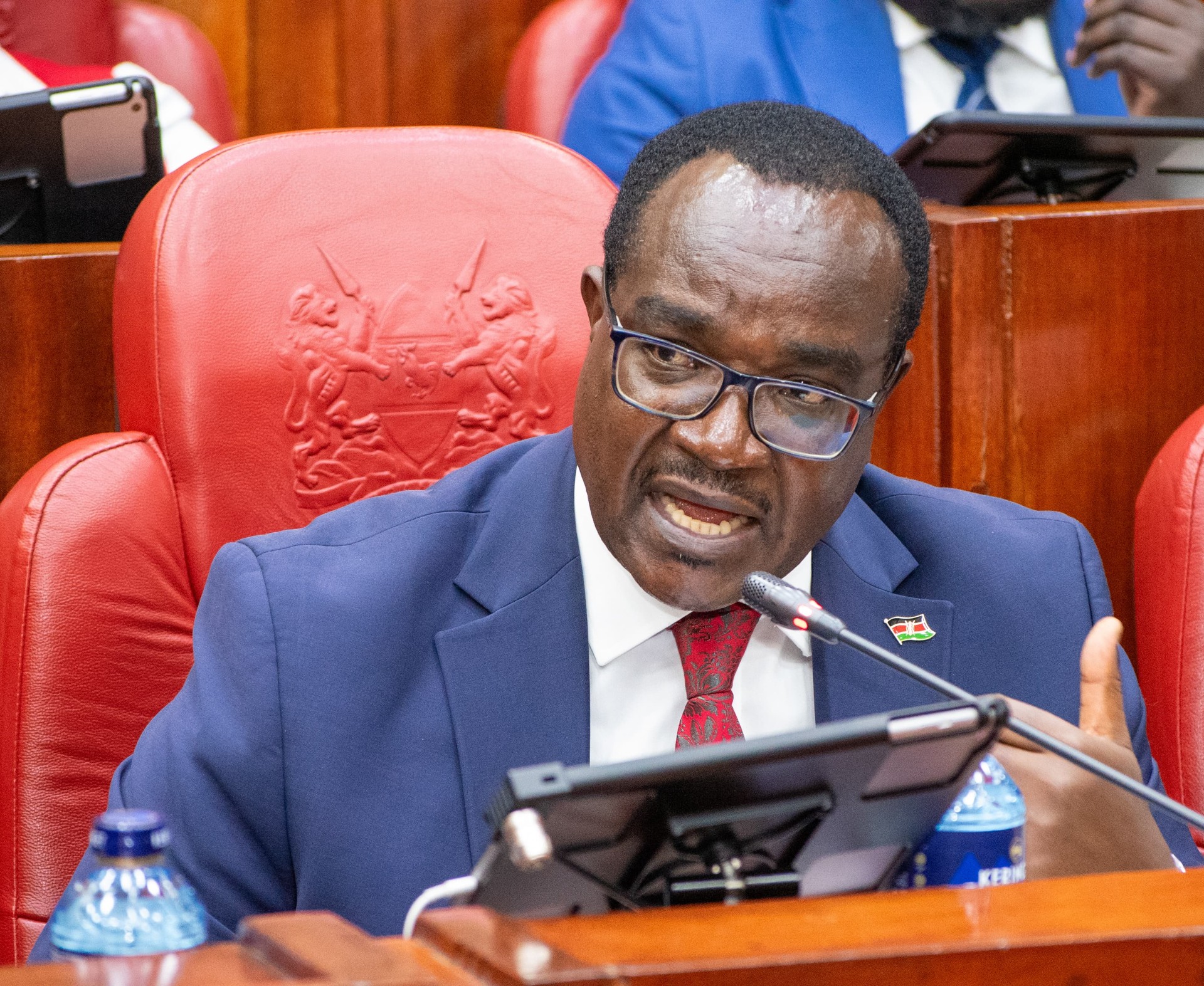Vivo Energy’s revenues in Kenya dropped for a second consecutive year, even as fuel demand picked up.
The company, which operates Shell-branded fuel and lubricant stations across the country, reported revenues of $1.47 billion (Ksh190.3 billion) for the year ending December 2024.
This marked a $84 million (Ksh10.8 billion) decline from the $1.55 billion (Sh243.8 billion) it posted in 2023.
The downward trend began in 2023, following a stronger $1.79 billion (Ksh220.8 billion) performance in 2022, showing persistent pressure on the oil firm in a changing market landscape.
Despite a 7.3% increase in national fuel consumption in the last half of 2024, reaching 2.9 billion litres compared to 2.71 billion litres in the same period the year before, Vivo Energy saw its market share slip to 21.34% from 22.07%.
Vivo Energy Competitors
Competitors such as Rubis and local fuel stations gained ground, expanding their market shares to 15.96% and 14.98% respectively.
Also Read: Two Listed Companies Issue Profit Warnings to Shareholders
The company attributed the revenue dip to a combination of factors including fuel price volatility, efficiency gains in combustion engines, and a gradual shift among commercial clients toward alternative energy sources.
“Policies or technology shifts that result in an increased share of electric vehicles and hybrids, alternative fuel uptake, and improved fuel efficiency are reshaping demand,” the company said in its financial disclosures.
Globally, the transport and energy sectors are undergoing a clean energy transition.
Kenya, like many countries, is experiencing early signs of this shift as electric and gas-powered vehicles slowly enter the market.
State of the Market
The revenue slide comes even as the Kenyan shilling significantly strengthened against the dollar in 2024, a reversal from 2023, when a depreciating currency inflated operational costs for oil firms reliant on foreign currency.
Kenya remains a strategic market for Vivo Energy, ranking third in Africa behind Morocco and South Africa.
The country contributed 8.9% to the group’s total revenue of $16.47 billion last year, up 49% from $11.01 billion in 2023.
Additionally, Kenya was the only one of Vivo Energy’s 28 African markets to record a revenue decline.
Vivo Energy closed 2024 with around 4,000 retail fuel stations across the continent, continuing to push its footprint even as it navigates a rapidly evolving energy landscape.
Vivo Energy quality of Fuel
Early on 2nd February 2025, a viral V-Power fuel quality test by an automotive content creator sparked debate among Kenyan motorists after revealing inconsistencies in Vivo Energy premium fuel performance, across several petrol stations in Nairobi.
Also Read: Rubis Energy Posts Ksh141 Billion Revenue in Kenya
The content creator conducted the test at seven stations and found that some premium fuels underperformed compared to standard fuels.
In response, Vivo Energy Kenya emphasized that all fuel imports adhere to strict regulatory and quality control standards before being distributed to petrol stations nationwide.
“Our fuel imports into Kenya adhere to strict quality standards, with two standard Research Octane Number (RON) categories: Unleaded (RON 93) and Shell V-Power (RON 95),” Vivo Energy Kenya stated.
“Each shipment is certified at the source and undergoes further rigorous testing upon arrival into the country,” it added.
However, the company acknowledged the concerns and announced an independent investigation, including laboratory tests, to verify the claims.
Follow our WhatsApp Channel and X Account for real-time news updates.



















































![Senator Allan Chesang And Chanelle Kittony Wed In A Colourful Ceremony [Photos] Trans Nzoia Senator Allan Chesang With Channelle Kittony/Oscar Sudi]( https://thekenyatimescdn-ese7d3e7ghdnbfa9.z01.azurefd.net/prodimages/uploads/2025/11/Trans-Nzoia-Senator-Allan-Chesang-with-Channelle-KittonyOscar-Sudi-360x180.png)























